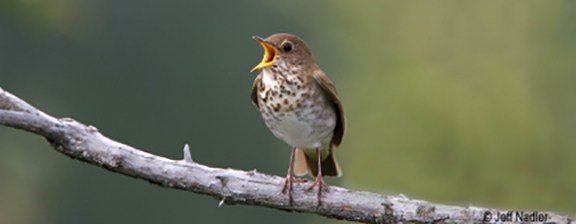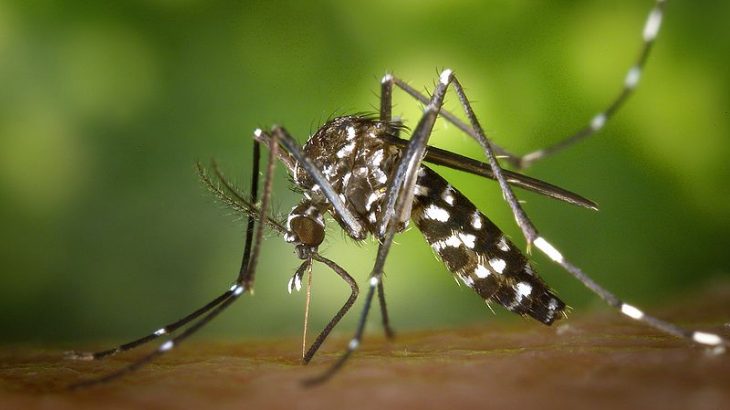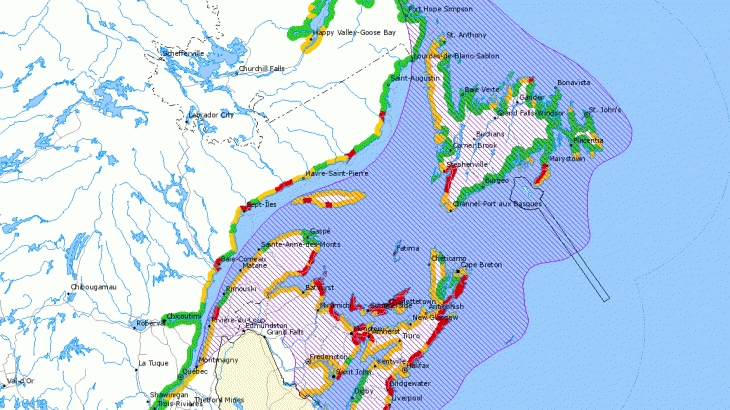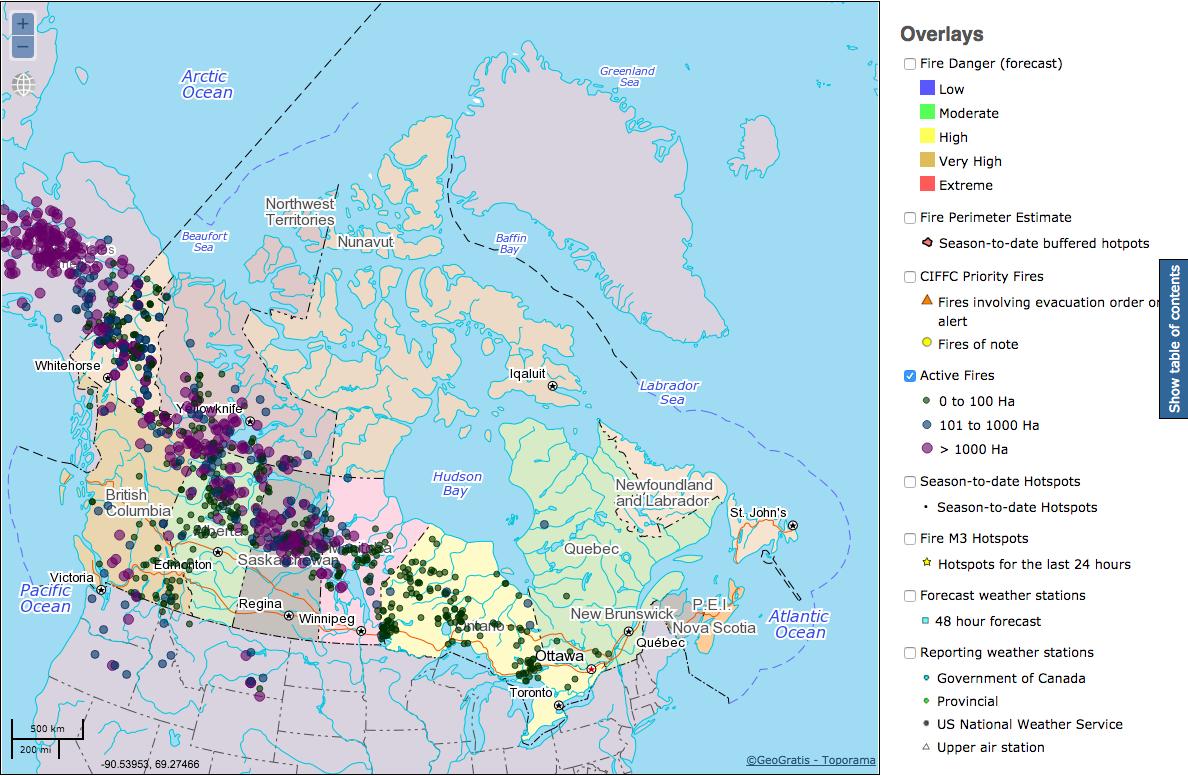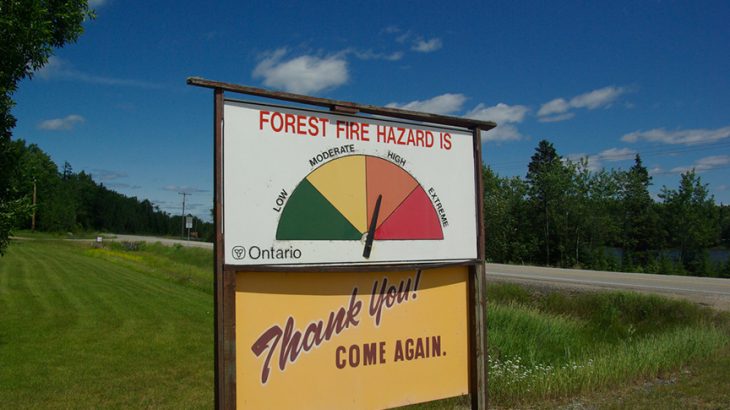
Tanya Samman and Alina C. Fisher, Environmental & Earth Sciences Co-editors The role of fire in forest ecosystems Forest fires are powerful and devastating. But they are also necessary for the rejuvenation of some ecosystems. Many plants are well-adapted to fire; some trees have dense bark or shed lower limbs to help them survive fire […]

